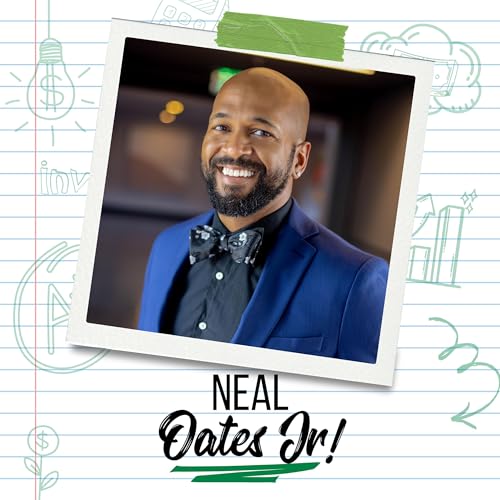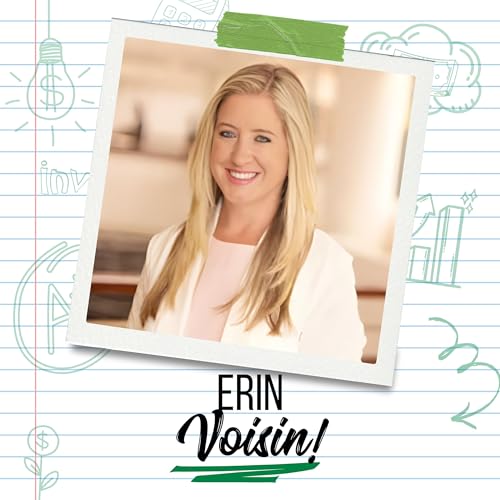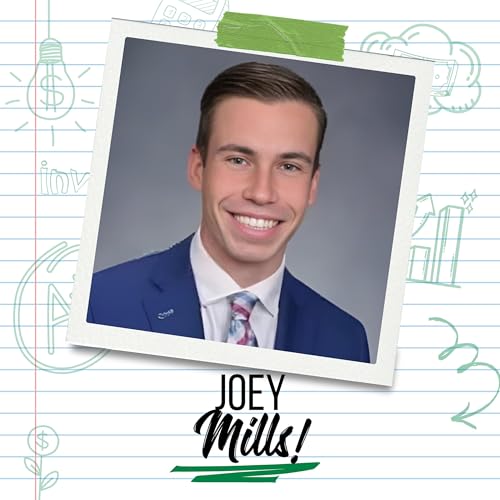Welcome back to Don’t Retire… Graduate! Today’s episode invites you on a journey from small-town Alabama to the boardrooms and stages of South Florida as we dive deep into the power of mindset, legacy, and building wealth with intention. I’m thrilled to introduce my guest, Neal Oates Jr.—bestselling author of The Affluent Negroes, keynote speaker, award-winning instructor, executive business growth coach, and host of the Beyond the Velvet Rope podcast. Neal works with entrepreneurs and high-performing professionals, with a special emphasis on helping minority business owners accelerate financial independence and create generational legacies.
In our engaging conversation, Neal and I explore his unique upbringing as the son of a Navy veteran and entrepreneur who instilled the value of “choosing the great” over the easy—and how that perspective shaped Neal's drive to expand beyond the borders of his rural hometown. We discuss Neal’s journey of reinvention as he moved from Alabama to Florida, making conscious choices to adapt and grow along the way. Neal opens up about career pivots, from being an educator to keynote speaking, consulting, and authorship, demonstrating how leaning into natural gifts and passions can unlock both fulfillment and financial opportunities.
5 Key Takeaways:
- Mindset Fuels Growth: Neal’s journey underlines the importance of believing not only that big dreams are possible, but also that they’re possible for you—for everyone, regardless of background.
- Legacy and Preparation: The power of generational wisdom and intentional networking sets the stage for both financial independence and emotional resilience. Neal’s upbringing surrounded by older mentors was key to his success.
- Principles for Affluence: The NEGROES acronym (Network strategically, Educate yourself, Generate wealth through entrepreneurship, Reinforce resilience, Own it all, Excel everywhere, Serve others) offers a blueprint for sustainable wealth and community impact.
- Embracing Leadership: Leadership isn’t innate—it’s made through conscious choices, preparation, and the willingness to learn from failure. Anyone can grow into a leader.
- Generational and Cultural Perspectives Matter: Understanding the context—whether growing up in a segregated rural town or breaking barriers in new cities—is crucial to appreciating the nuances in building both personal and financial legacies.
Join us as we rethink what it means to “graduate” into your next chapter with purpose, authenticity, and an abundance mentality. As always, don’t forget to subscribe, share, and leave a review if you enjoyed this conversation as much as I did. Let’s continue learning, leading, and redefining the journey toward a truly meaningful retirement—and a truly prosperous life!
 38 分
38 分 29 分
29 分 2026/01/1537 分
2026/01/1537 分 36 分
36 分 14 分
14 分 37 分
37 分 30 分
30 分 2025/12/0414 分
2025/12/0414 分
